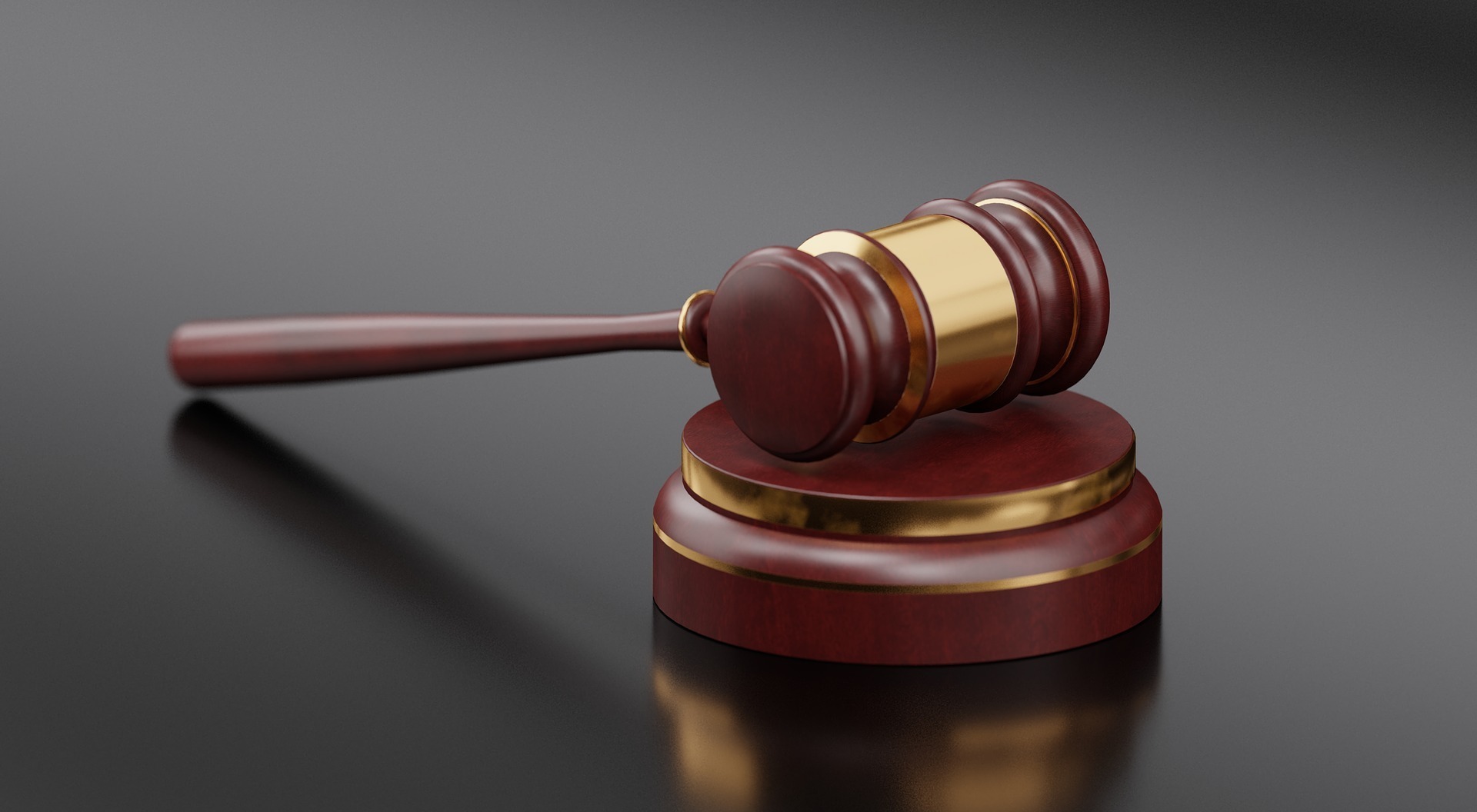The First Amendment to the United States Constitution gives all American citizens the right to peaceably assemble, and to petition the government for a redress of grievances when those people feel that the U.S. government and its institutions are no longer protecting those rights. Amid the recent untimely death of George Floyd, protests have erupted across the United States, which is why we feel it is critical now, more than ever, that you understand your rights as a protester so you can ensure you do so safely and within the law. Here are some of the questions you may have:
Can I protest on the streets?
You may lawfully protest while in any traditional public forum. Some examples of traditional public forums include public sidewalks, streets, and parks. You may lawfully photograph anything in plain view while on a traditional public forum. You should note that counterprotesters also share these rights, though the police do have the right to separate protesters and counterprotesters, as long as they allow the groups to remain within sight and sound of one another. Furthermore, you are allowed to march on a public street without a permit, however, the police can tell you to move off the road or to a sidewalk if you are obstructing traffic.
Am I allowed to protest on private property?
You may not protest on private property without the explicit consent of that property owner. Additionally, if the property owner allows you to protest on his or her property, you will also have to obtain explicit consent to photograph or video anything in plain view from that property owner.
Am I allowed to protest in front of a government building?
Though you are allowed to peacefully protest in front of a government building you may not block access to the property or interfere with the building’s purpose.
Do police have the right to break up a protest?
In most cases, police cannot break up a peaceful protest for no reason. However, if the crowd is posing a clear and present danger to others by blocking traffic, rioting, or otherwise, police do have the right to issue a dispersal order. When issuing a dispersal order, police must give protesters a clear path to exit, as well as clearly inform them of the penalties they may receive if they do not comply before charging anyone with a crime.
What should I do if the police violated my rights?
If you believe that police violated your right to protest, the first thing you should do is record the incident and write down any details you remember, such as badge numbers, patrol car numbers, and more. Additionally, you should ask anyone who saw the incident for their name, phone number, or any other means by which you may contact them. Next, file a written complaint with the civilian complaint board or the agency’s internal affairs division.
If your rights have been infringed upon or you are now facing criminal charges, please do not hesitate to give our experienced firm a call today. We are here to help.
Contact our experienced Houston firm
We understand how challenging various legal matters can be, which is why we have dedicated ourselves to helping clients in Texas through a wide array of legal matters, including personal injury law and criminal defense. If you have sustained a serious injury or are facing criminal charges, contact the Gonzalez Law Group today to learn more about how we can help you through every step of the legal process ahead.

